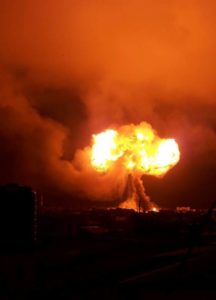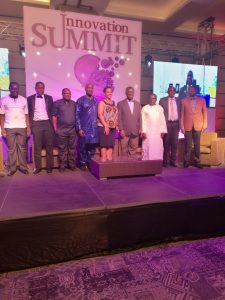 THE outbreak of Ebola Virus Disease (EVD) in Western Africa highlights the urgent need to close the gap in communication between scientists, journalists and communities.
THE outbreak of Ebola Virus Disease (EVD) in Western Africa highlights the urgent need to close the gap in communication between scientists, journalists and communities.
Beyond the devastating outcome of EVD, poor communication has clearly heightened apprehension among the public, while potentially seeding confusion among scientists and journalists who report the outbreak.
These were contained in statement issued by the Canada-based World Federation of Science Journalists (WFSJ) and copied to African Eye News in Accra, Ghana.
The statement which has signatories including African Federation of Science Journalists
Association, Kenya Environment and Science Journalists Association, Media for Environment, Science, Health and Agriculture, Nigeria Association of Science Journalists, and Science Journalists and Communicators of Togo noted: “In most West African countries, authorities are ramping up epidemiological surveillance systems.
These measures are accompanied by mass media campaigns to inform and raise awareness among the population. But to be effective, these campaigns must also counteract the information that is still rife in communities large and small, rural and urban. Unfortunately, this misinformation is spreading and increasing the risk of propagating the disease throughout West Africa”.
They observed that in a world where online resources and social media are often used as proxies for immediate reporting, the need for science journalists is ever more critical.
We have the depth of knowledge and range of tools required to cut through the flood of rumour and scaremongering to provide information that is truthful, trustworthy and effective, the associations argued.
They understand the science that underlies stories like Ebola; years of experience have trained us to contextualize, question and link information coming from healthcare practitioners and eyewitnesses, from laboratory scientists and politicians, and use it to craft a coherent, understandable story in language that is engaging and useful for the public at large.
The professional science journalist combines the research skills, understanding of scientific method, and history of science, with a nose for the truth. It is to the benefit of society as a whole to have a strong science journalism community, which is able to critique and interpret information so that it can be of use in policy making and daily life.
As leaders of associations representing science journalists across the continent, they called upon governments and organizations, both local and international, to recognize the value of science journalists and their critical role in public health.
Therefore they asked that governments actively support the mentorship and development of a robust, informed and trained group of science journalists throughout Africa, so that when issues like Ebola arise, there are skilled communicators able to interpret the related information for the public and policymakers alike.
African Eye News





